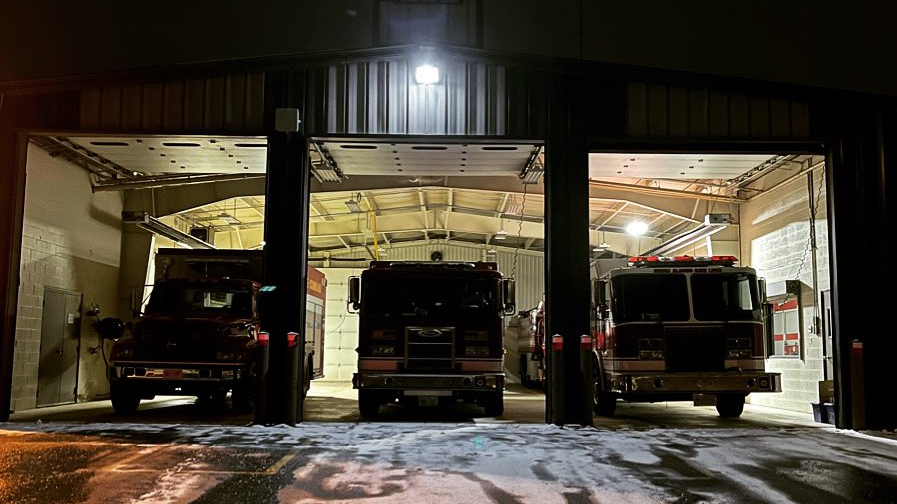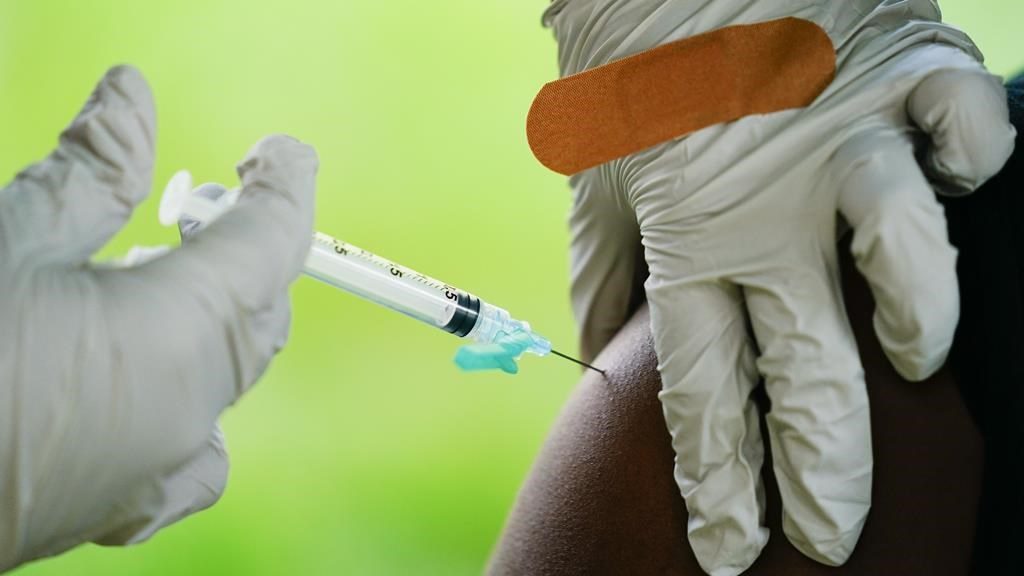Another COVID-19 case connected with Nunavut mine outbreak confirmed in Waterloo Region
Posted May 31, 2021 10:00:00 PM.
Region of Waterloo Public Health officials have confirmed a second case of COVID-19 connected with an ongoing outbreak in Nunavut. There have been seven high-risk contacts as of Monday.
Despite the Mary River Mine on Baffin Island being 3,100 kilometres away as the crow flies, the novel coronavirus seems to be having no trouble getting to Waterloo Region, or to the rest of Ontario. All public health units are warning their residents of the outbreak and its consequencial cases, and asking anyone who has visited the site since April 30 to self-isolate, seek testing, and contact public health for case tracking purposes.
“We live in a world where, even with all the COVID-19 restrictions, people move around quite a bit, and in some industries it's normal for people to move many thousands of miles to get to work,” said Dr. Matthew Tenenbaum, Associate Medical Officer for Wellington-Dufferin-Guelph Public Health. That health unit has identified three cases as of Monday with seven high-risk contacts. “This happens to be a mine where the workforce comes from across Canada: people fly in for a number of weeks, then fly out, then they'll be in their home jurisdiction for a number of weeks, and that's the way this mine operates.”
As a result, an outbreak in a mine in the country's far north can have an impact across the country.
Public health officials are racing to contain the potential impact and spread, especially because of the particular variant responsible for the outbreak. The B.1.617.2 variant is a mutation of the B.1.617 variant according to Dr. Tenenbaum.
“The B.1.617.2 variant, which is the one implicated here, is one that we are quite concerned about given that it looks to be more transmissible than any existing variants in our community,” he explained. “And there is some concern about its potential to evade vaccine if you only have one dose. It's an evolving area of science, but that is an area of concern that's been raised with this variant.”
The long-travelling virus and outbreak speaks to the need to stay vigilant through to the very end of the pandemic, Dr. Tenenbaum said.
“We're all looking forward to a better summer, we're all getting vaccines in our arms as best we can, we're having great uptake of vaccines across our community and across our province. But, we also need to maintain some vigilance. There are some variants out there, there may be new variants emerging. We're going to have this push and pull of optimism and pessimism, but we have to make sure we keep our guard up until this pandemic is over.”










